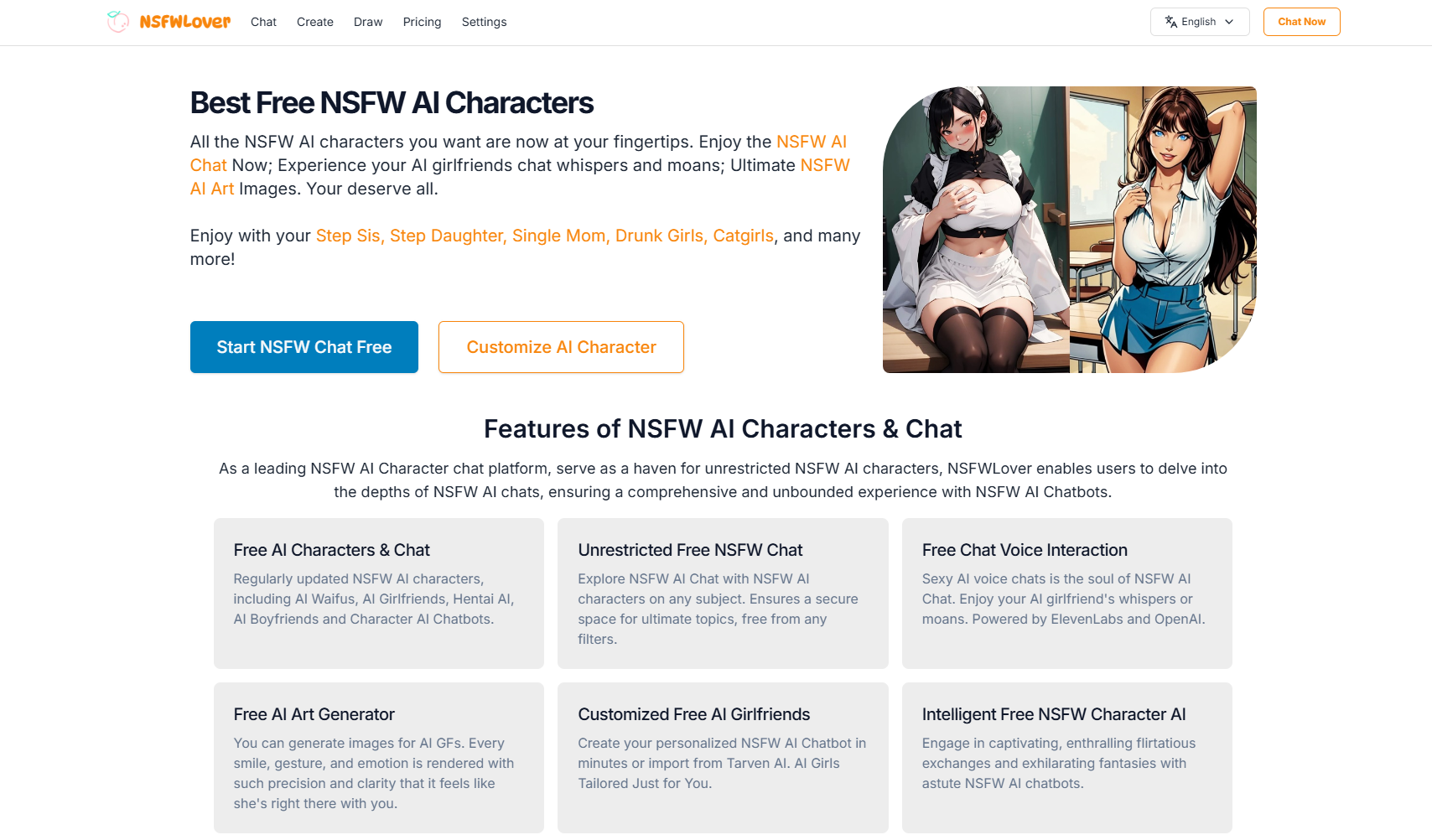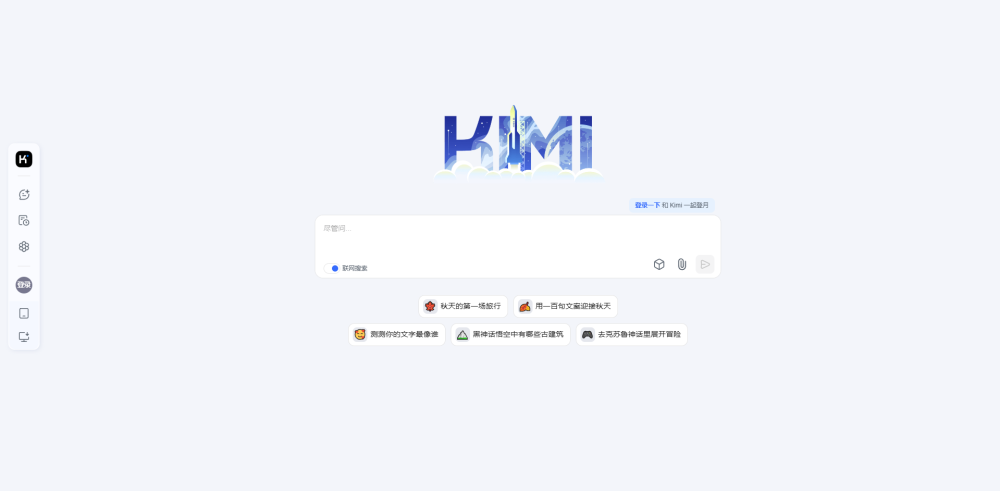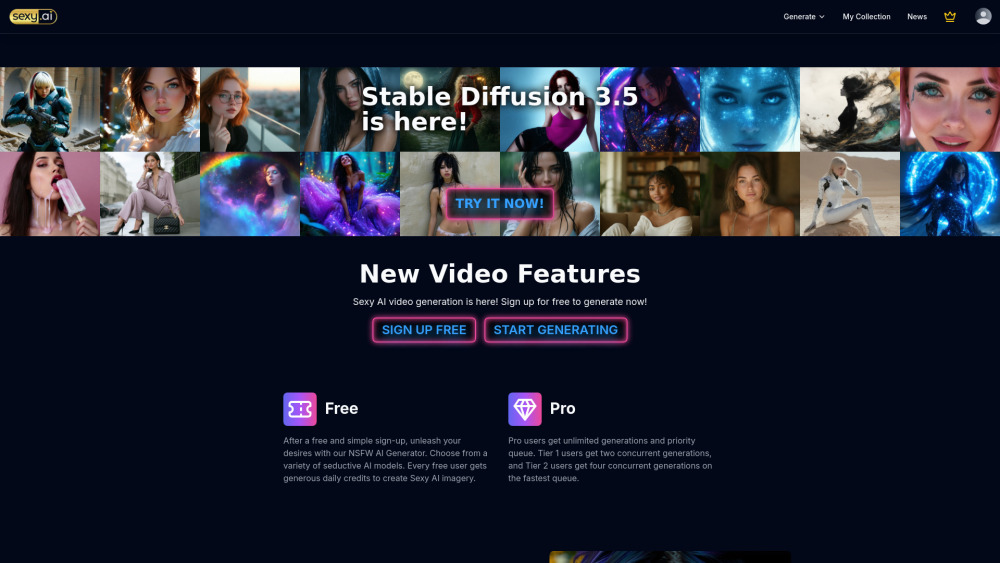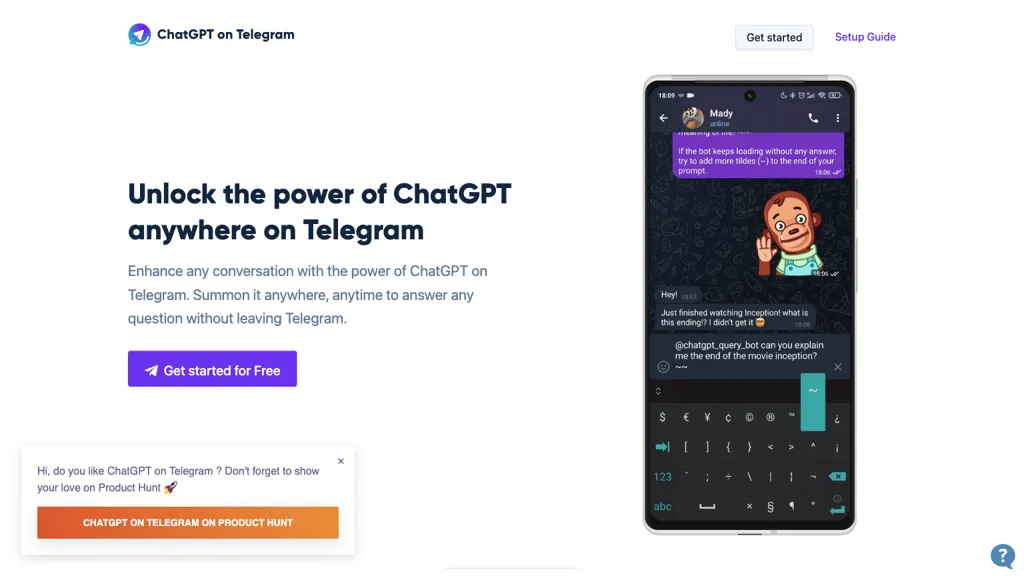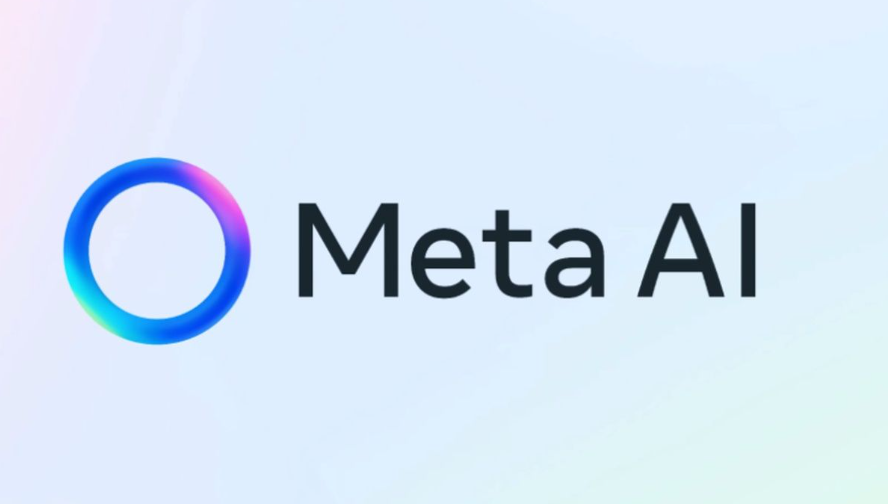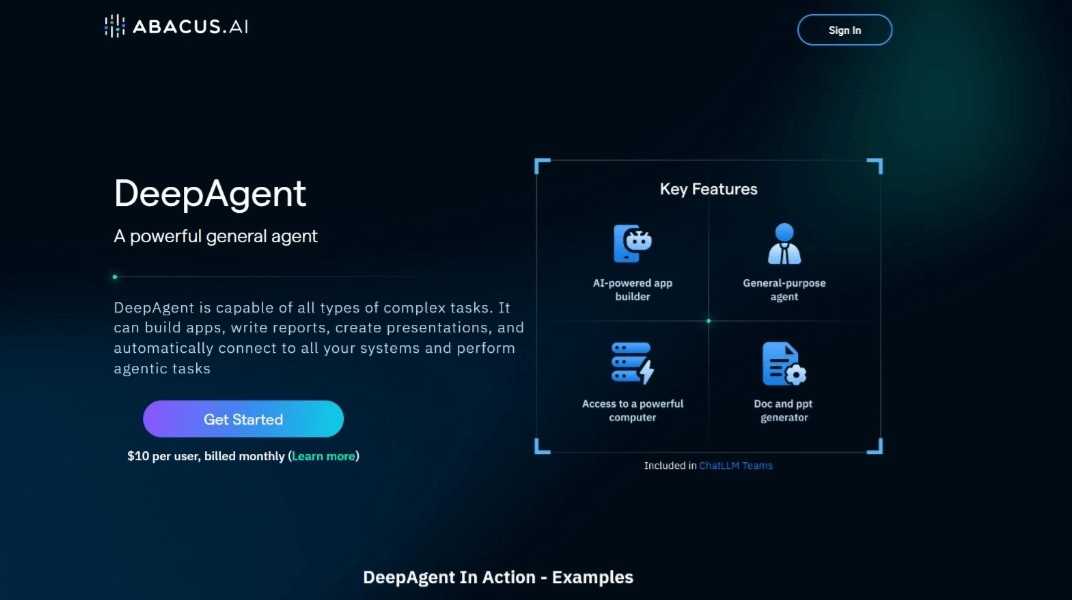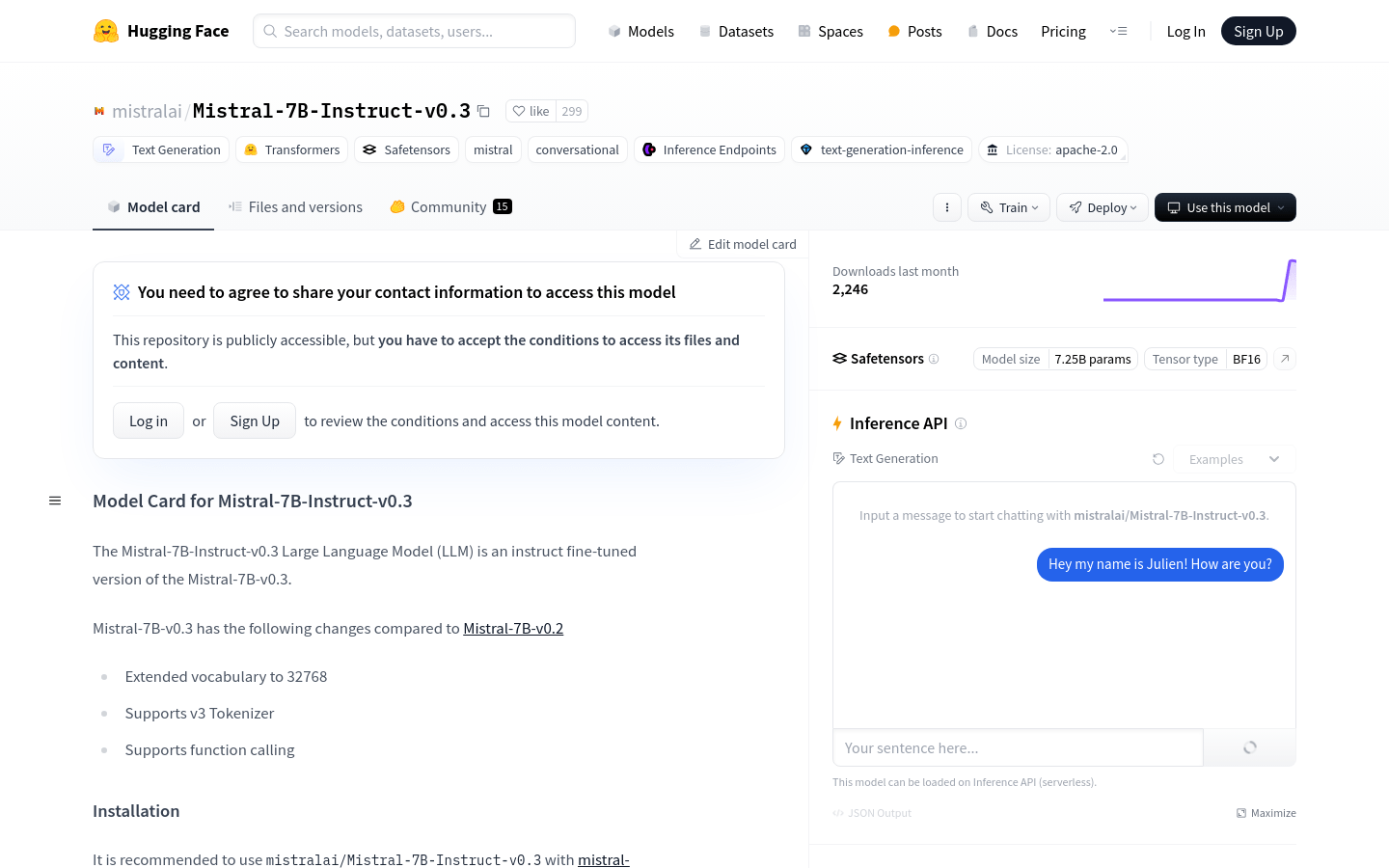
Mistral-7B-Instruct-v0.3 is a large language model developed by the Mistral AI Team. It is an imperative fine-tuned version of Mistral-7B-v0.3. The model has an expanded vocabulary, support for v3 Tokenizer and function calls. It can generate text through command dialogue and function calls, and is suitable for scenarios that require interactive dialogue and automated tasks.
Demand group:
"This product is suitable for developers and businesses who need to build interactive chatbots, automated customer service systems, or applications that require natural language processing. Its power and flexibility make it ideal for improving user experience and productivity."
Example of usage scenario:
Used to build an online customer service robot that can answer user questions.
Integrate into an educational app to provide personalized study coaching and question answering.
As a query assistant for the company's internal knowledge base, it helps employees quickly find the information they need.
Product features:
Supports an expanded vocabulary of 32,768 words.
Compatible with v3 Tokenizer, improving model compatibility and efficiency.
Supports function calls and can perform specific API calls.
Generate text through command dialogue to increase interactivity.
Can be used in conjunction with Hugging Face's transformers library for easy integration.
The model has fast demonstration capabilities and is easy to fine-tune to suit different needs.
Usage tutorial:
First, download the Mistral-7B-Instruct-v0.3 model from Hugging Face Hub.
Install necessary dependent libraries such as mistral-inference and transformers.
Using the provided code examples or API, initialize the model and set up the conversation environment.
According to the needs, write instructions or call specific functions to interact with the model.
Get the text output generated by your model and integrate it into your application.
Adjust model parameters based on feedback to optimize dialogue effects and functional performance.
